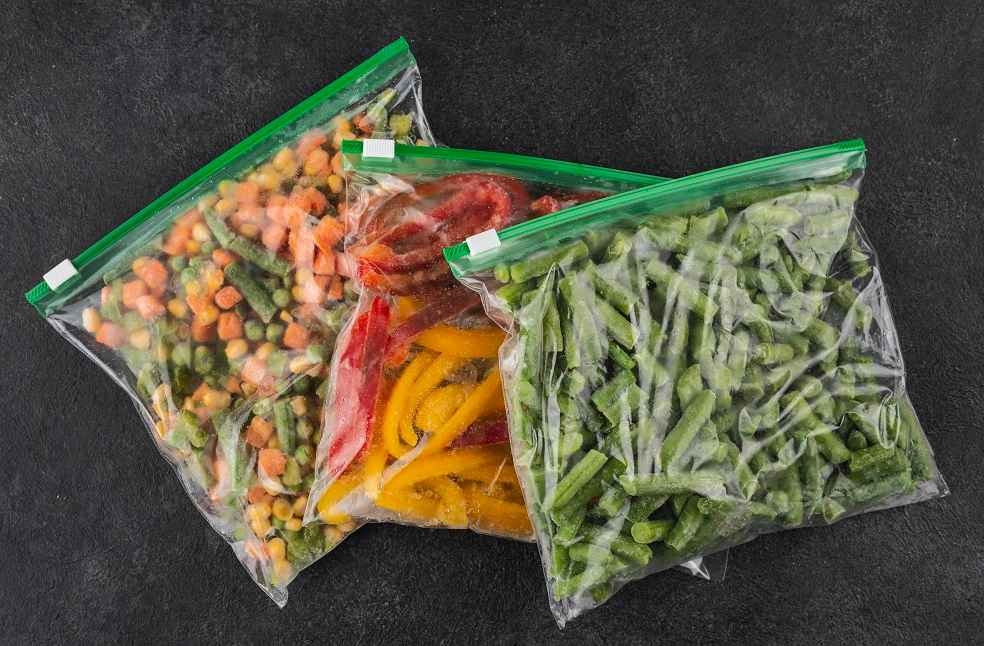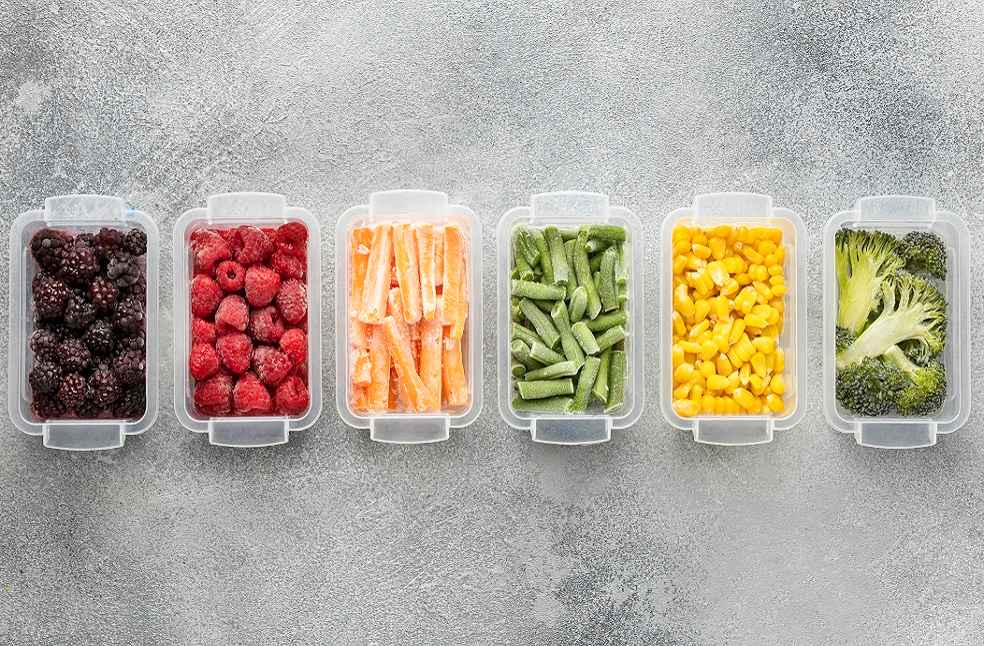India’s frozen food industry is undergoing rapid growth, driven by technological advancements, changing consumer habits, and sustainability initiatives. With modern freezing techniques and smart technology, the sector is transforming into a mainstream source of convenient, nutritious meals.
Rapid urbanization, rising disposable incomes, changing lifestyles, and improved cold chain infrastructure are key factors boosting this market. The Indian frozen food market reached INR 167.3 billion in 2023, and it’s expected to grow to INR 561.6 billion by 2032, with a projected annual growth rate of 14%.
Smart Technology and Food Preservation
Modern freezing techniques, such as individual quick freezing (IQF), are key to preserving food quality and extending shelf life. IQF freezes each food item individually, maintaining its texture, nutritional value, and flavor. This technology is also essential in reducing food waste, ensuring that perishable items last longer and are utilized efficiently.

In addition to freezing technology, smart systems like IoT and data analytics are revolutionizing supply chains. Real-time tracking of temperature and humidity ensures that frozen products remain in optimal condition throughout the delivery process, minimizing waste and improving food safety.
Growth of Ready-to-Cook Meals
India’s frozen food industry is expanding, particularly in the ready-to-cook segment, which is seeing 15% annual growth. Products in this category offer convenience and nutrition, appealing to the fast-paced lives of modern consumers. Despite its current market size, the industry’s 5% penetration rate suggests there’s significant room for growth in India.
Advanced Packaging for Preservation
Flexible packaging is playing a crucial role in enhancing product freshness and safety. Multi-layered packaging materials such as plastic and aluminum ensure extended shelf life, prevent contamination, and make it easier for consumers to store and access frozen products.
Sustainability and Innovation

With the introduction of innovations like “freezer on wheels,” powered by advanced eutectic mixtures, companies are cutting down on the need for traditional cooling systems and fuel. This energy-efficient solution maintains product temperature without the constant use of diesel-powered systems, contributing to a reduced environmental footprint.
Additionally, the integration of blockchain technology provides traceability for products, ensuring transparency throughout the supply chain. Data analytics is helping companies optimize processes, reduce waste, and lower greenhouse gas emissions.
India’s frozen food industry, once a niche market, is becoming a cornerstone of modern urban life. Technological advancements, consumer demand for convenience, and a focus on sustainability are fueling this transformation, with a promising future ahead.
INFORMATIVE | Gold Mining Severely Threatens Environs; Numerous Studies Call for Halt



